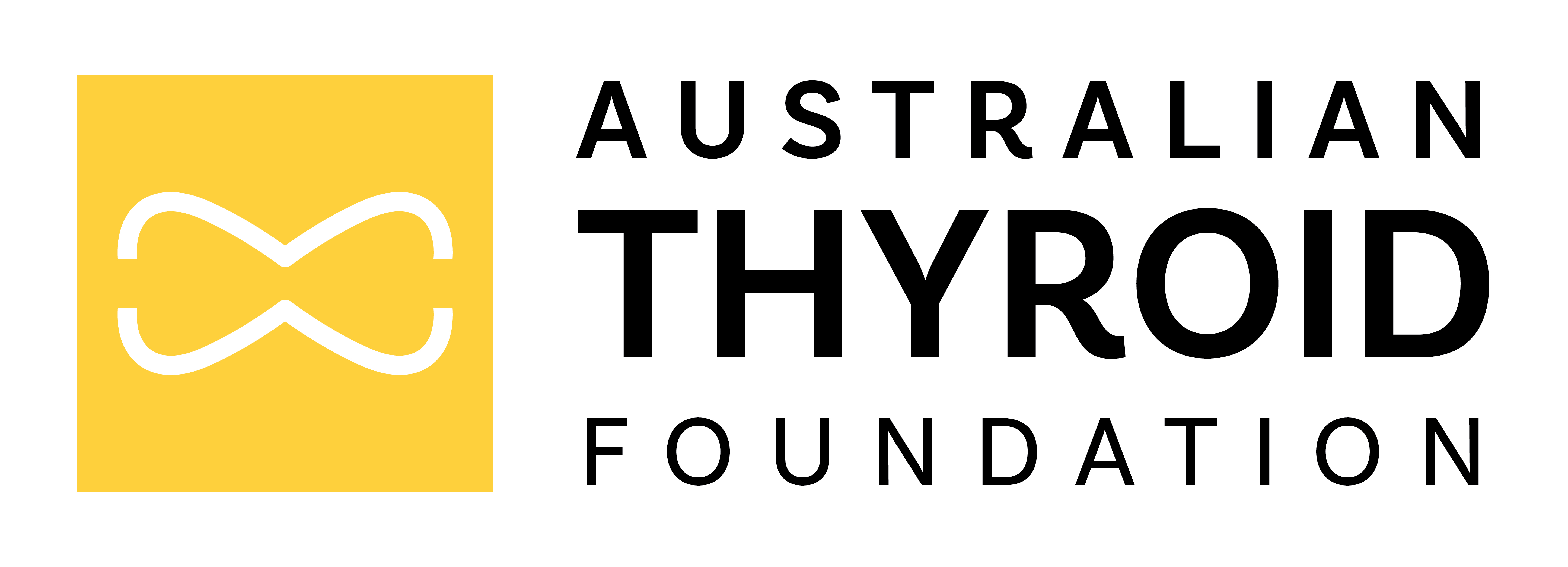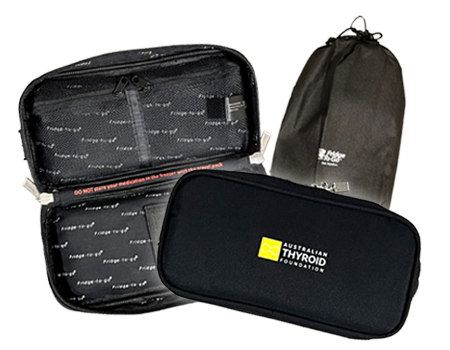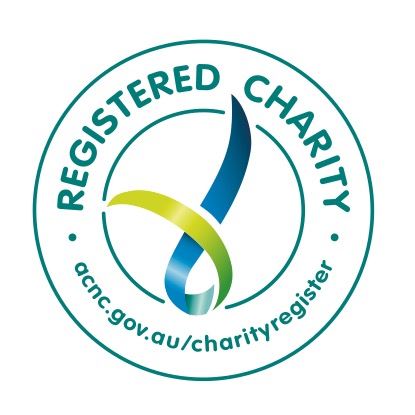Thyroid facts
|
If you are experiencing either hypothyroid or hyperthyroid symptoms, or physical changes to your thyroid gland, please visit your GP to discuss and ask to have specific Thyroid Blood Tests and/or a Thyroid Ultrasound to either determine or eliminate a thyroid disorder.
Thyroid Disorders can be difficult to diagnose, due to symptoms like those of other medical conditions. Thyroid disorders are often hereditary, and symptoms can be insidious and gradually increase or blamed on other conditions. If a patient is living with stress, a busy life or is aging, thyroid symptoms can sometimes be ignored.
Adequate Thyroid Hormone is responsible for regulating metabolism, energy, mood and how the body regulates its temperature.
Do Not Ignore Your Thyroid!
Thyroid Symptoms
Hypothyroid
| Hyperthyroid
| Physical Changes
|
Do not ignore any of the symptoms you may be experiencing. Thyroid Disorders can affect your thyroid function, general health and wellbeing.
Joining the ATF as a member, provides you with one-on-one support, information and guidance to help you through your journey.Join usBeing aware is important, your thyroid health is essential to your wellbeing and general health, so speak to your doctor, if you have any symptoms or concerns.If you have any questions or would like information, please email: info@thyroidfoundation.org.au |
| ATF MEDICATION TRAVEL PACKThe ATF Medication Travel Pack is available to ATF Members at a reduced price! Essential for those traveling overseas, overnight stays, the ATF Travel Pack is designed for transportation and cool storage of Levothyroxine Replacement Hormone, (Oroxine and Eutroxsig). |
- Home
- Thyroid Facts
- Do I have a Thyroid Disorder?


